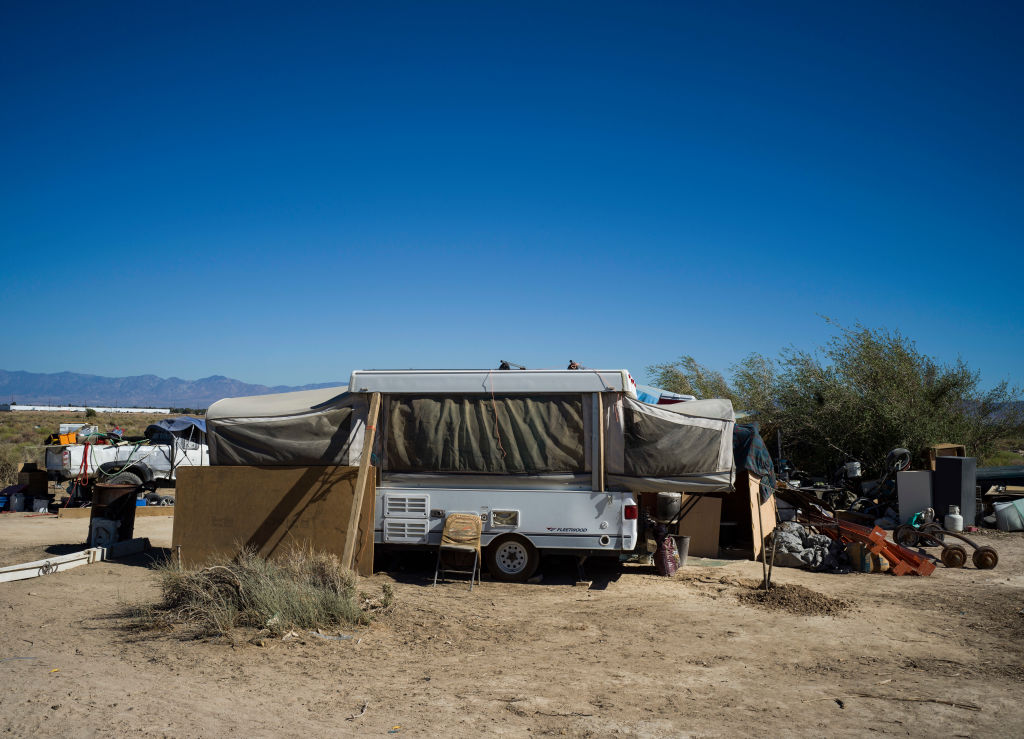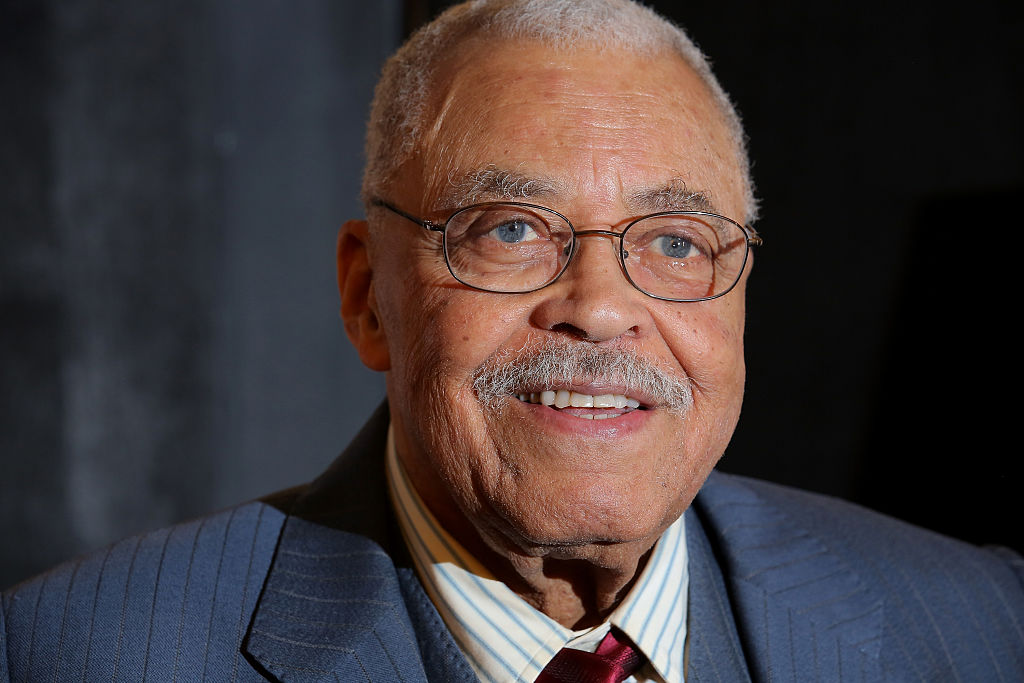
Source: Barbara Davidson / Getty
Louisiana’s Black communities, my community, continue to reckon with systemic and environmental racism with the biggest fossil fuel buildout in our lifetimes. Twenty-eight methane export facilities are proposed or under construction for the US Gulf Coast South – there are only 7 in operation today. This rampant increase is happening all over the world, as 114 new regasification terminals are planned to start between 2024 and 2030 across the planet. Meanwhile, back in 2021, the International Energy Agency, a global expert body, said that there is no need for any fossil fuel expansion – meaning all of these facilities should be immediately halted.
Kicking off Climate Week, I spoke at a forum with indigenous leaders and policymakers from around the globe to address the financial flows that entrench these problems of climate injustices. Our solutions must be the ones that financial giants must fund to protect future generations and interrupt the system where a few profit off of the suffering of the many.
Methane facilities are well funded by US banking giants, and wherever they’re built, people living near them experience health problems. I’m not surprised the majority of them are built in communities of color. It seems the US financial industry can’t find the moral backbone to stop profiting off of systemic racism either on US soil or in developing nations across the world.
While European demand declines, dirty energy expands to exploited countries that are trying to switch from coal (lately, facilitated by Japan). Banks, instead of investing in a renewable future equally for Manila as they do for Munich, join in financing the false promise of Methane as a “bridge” fuel. This is despite many development organizations having detailed plans of what an equitable transition would look like for their region, free of fossil fuels.
When my family breathes in polluted air here thanks to methane/LNG facilities in Lake Charles, the same pollution caused by dirty energy will be shipped to Singapore for families to breathe there. The same banks are financing the dirty facilities near me and the communities in the Global South. Shutting them down here doesn’t just help Gulf Coast communities, it helps everyone around the world who has contributed the least to climate change.
The United States needs to urgently address issues of climate justice, and US banks owe reparations to everyone in the world disproportionately affected by climate chaos. The Biden administration started to address these inequities with programs like the Justice 40 initiative and the LNG/methane pause. Meanwhile, US Banks have made promise after empty promise to follow the science and shift their financing from propping up fossil fuels to funding clean and sustainable energy, and are failing on all of them.
When it comes to my family and my community, we aren’t going down without a fight. Black communities have fought and won against multi-billion dollar methane gas expansion projects. We will keep fighting these racist policies to protect our people and everyone on this planet. We are not drowning; we are fighting. And we will win.
Roishetta Sibley Ozane is the founder of The Vessel Project of Louisiana, a small mutual aid and environmental justice organization and the co-founder of the Gulf Fossil Finance Hub. Roishetta is a mom of 6 and grandmother of 1. Her children are her inspiration and she truly believes that no one is good until we are all good. She proves that daily through her giving heart and philanthropy.
SEE ALSO:
10 Modern-Day Examples Of Environmental Racism
The post Why Is There Always Money For Environmental Racism, But Not Reparations? appeared first on NewsOne.

